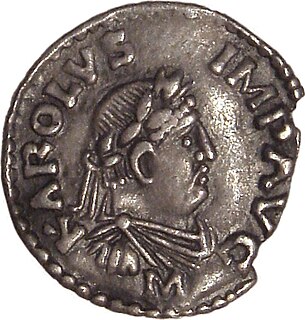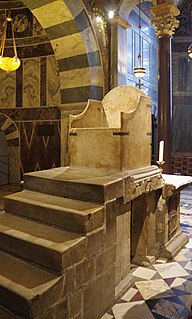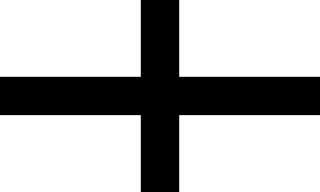This article does not cite any sources .(February 2018) (Learn how and when to remove this template message) |
The imperial election of 1138 was an imperial election held to select the emperor of the Holy Roman Empire. It took place in Koblenz on 7 March.

The election of a Holy Roman Emperor was generally a two-stage process whereby, from at least the 13th century, the King of the Romans was elected by a small body of the greatest princes of the Empire, the prince-electors. This was then followed shortly thereafter by his coronation as Emperor, an appointment that was normally for life. Until 1530, emperors were crowned by the Pope. In 1356, the Emperor Charles IV promulgated the Golden Bull, which became the fundamental law by which all future kings and emperors were elected.

The Holy Roman Emperor, officially the Emperor of the Romans, and also the German-Roman Emperor, was the ruler of the Holy Roman Empire during the Middle Ages and the early modern period. The title was, almost without interruption, held in conjunction with title of King of Germany throughout the 12th to 18th centuries.

The Holy Roman Empire was a multi-ethnic complex of territories in Western and Central Europe that developed during the Early Middle Ages and continued until its dissolution in 1806 during the Napoleonic Wars. The largest territory of the empire after 962 was the Kingdom of Germany, though it also came to include the neighboring Kingdom of Bohemia, the Kingdom of Burgundy, the Kingdom of Italy, and numerous other territories.
Conrad III of Germany was named Holy Roman Emperor as a result of the election.

Conrad III was the first King of Germany of the Hohenstaufen dynasty. He was the son of Duke Frederick I of Swabia and Agnes, a daughter of the Salian Emperor Henry IV.
| This Holy Roman Empire–related article is a stub. You can help Wikipedia by expanding it. |


